CRISPR
Recent articles
Boosting SCN2A expression reduces seizures in mice
A modified form of CRISPR amps up expression of the gene—a strategy that could apply to other gene variations linked to autism.
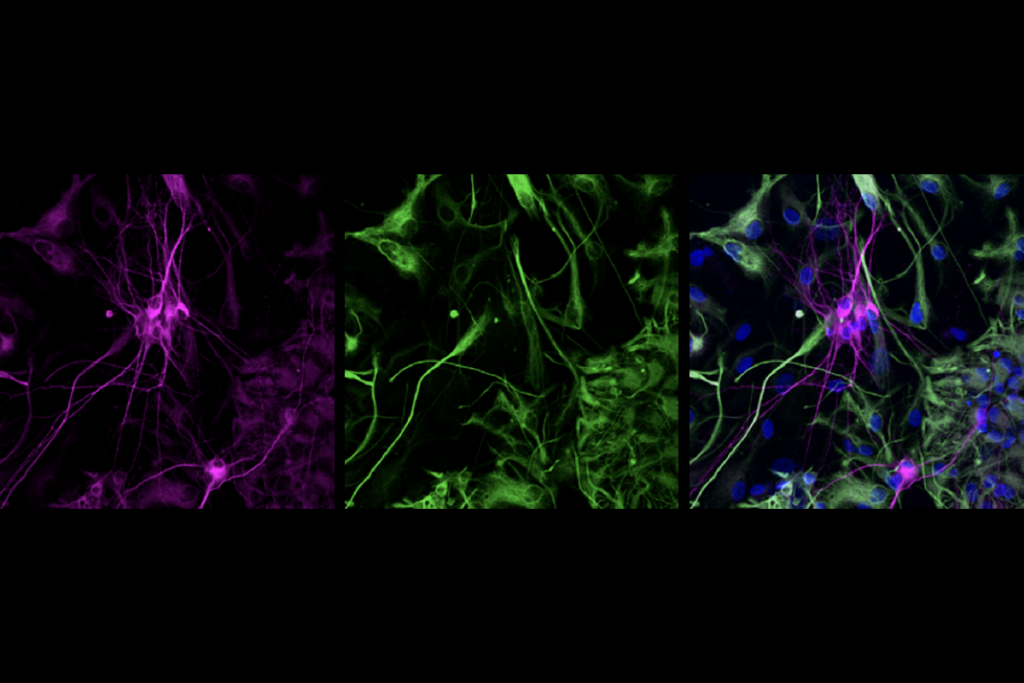
Boosting SCN2A expression reduces seizures in mice
A modified form of CRISPR amps up expression of the gene—a strategy that could apply to other gene variations linked to autism.
Cell ‘antennae’ link autism, congenital heart disease
Variants in genes tied to both conditions derail the formation of cilia, the tiny hair-like structure found on almost every cell in the body, a new study finds.
Cell ‘antennae’ link autism, congenital heart disease
Variants in genes tied to both conditions derail the formation of cilia, the tiny hair-like structure found on almost every cell in the body, a new study finds.
Opioid receptors may guide formation of gut nervous system in zebrafish
Fish lacking functional copies of the receptors have fewer enteric neurons than usual, but the findings await further validation.
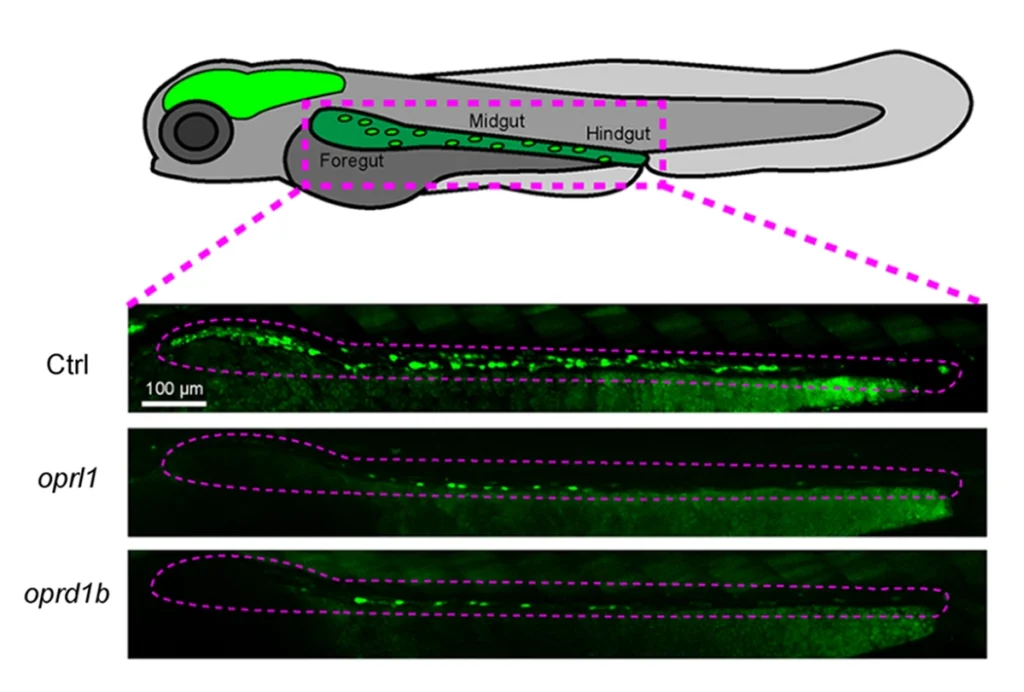
Opioid receptors may guide formation of gut nervous system in zebrafish
Fish lacking functional copies of the receptors have fewer enteric neurons than usual, but the findings await further validation.
CRISPR gives autism-linked genes a boost, rescues functioning
A modified form of the gene-editing tool increases the expression of CHD8 and SCN2A, showing potential for autism therapies.
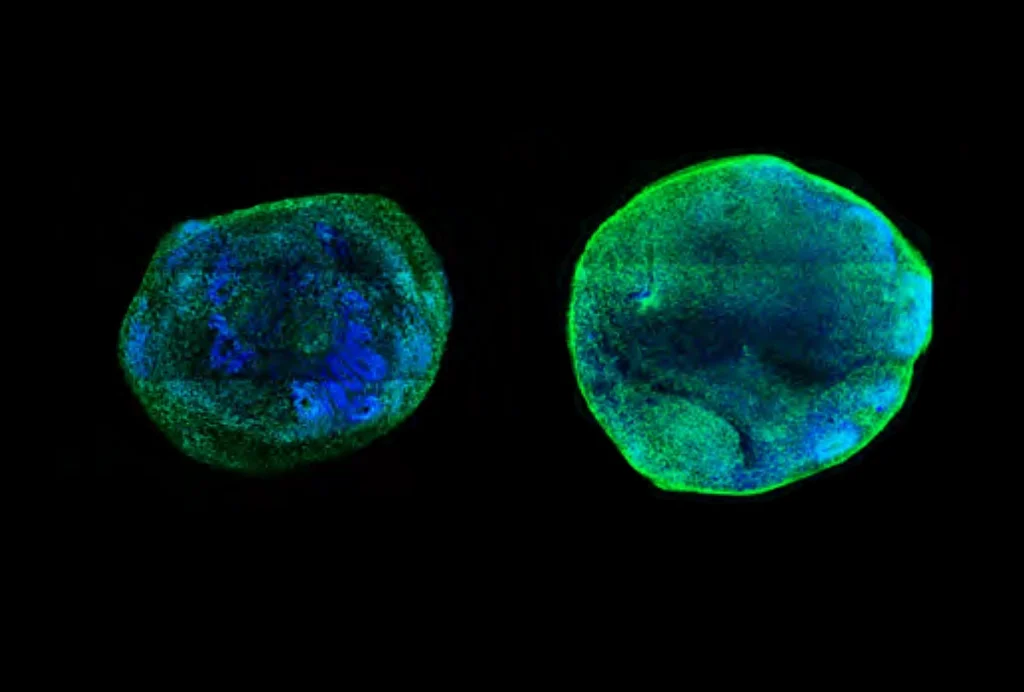
CRISPR gives autism-linked genes a boost, rescues functioning
A modified form of the gene-editing tool increases the expression of CHD8 and SCN2A, showing potential for autism therapies.
Cocaine, morphine commandeer neurons normally activated by food, water in mice
Confirming a long-held hypothesis, repeated exposure to the drugs alters neurons in the nucleus accumbens, the brain’s reward center, and curbs an animal’s urge for sustenance.
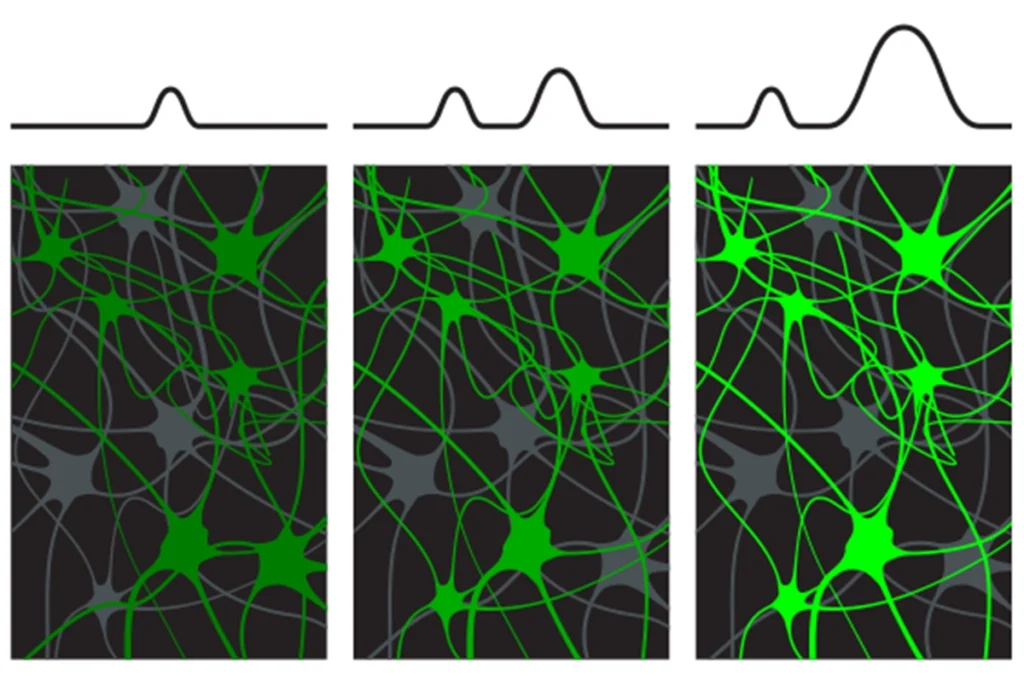
Cocaine, morphine commandeer neurons normally activated by food, water in mice
Confirming a long-held hypothesis, repeated exposure to the drugs alters neurons in the nucleus accumbens, the brain’s reward center, and curbs an animal’s urge for sustenance.
New RNA editor boasts increased versatility, safety
The “PRECISE” technique reprograms cells in a way that, unlike DNA editors, avoids potentially permanent off-target effects.
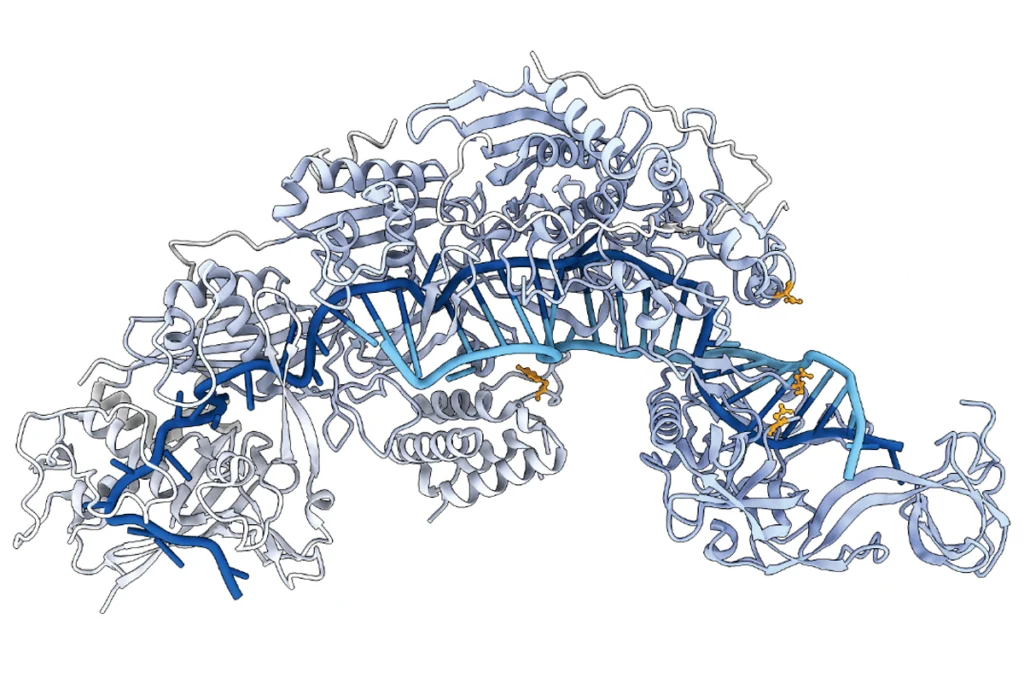
New RNA editor boasts increased versatility, safety
The “PRECISE” technique reprograms cells in a way that, unlike DNA editors, avoids potentially permanent off-target effects.
Mutation in top autism-linked gene may alter eye reflex
The discovery could help clinicians diagnose children who carry mutations in the gene, called SCN2A, and gauge their responses to potential therapies.
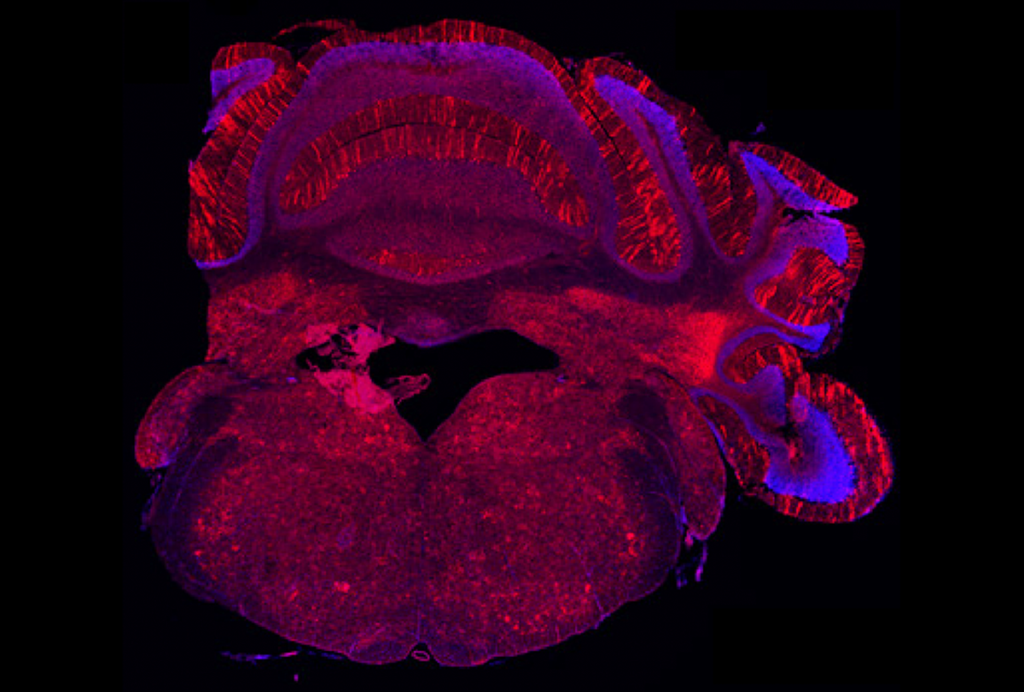
Mutation in top autism-linked gene may alter eye reflex
The discovery could help clinicians diagnose children who carry mutations in the gene, called SCN2A, and gauge their responses to potential therapies.
New template streamlines sharing clinical trial results
This month’s Going on Trial newsletter explores a new tool for communicating with clinical trial participants and their families, among other drug development news.
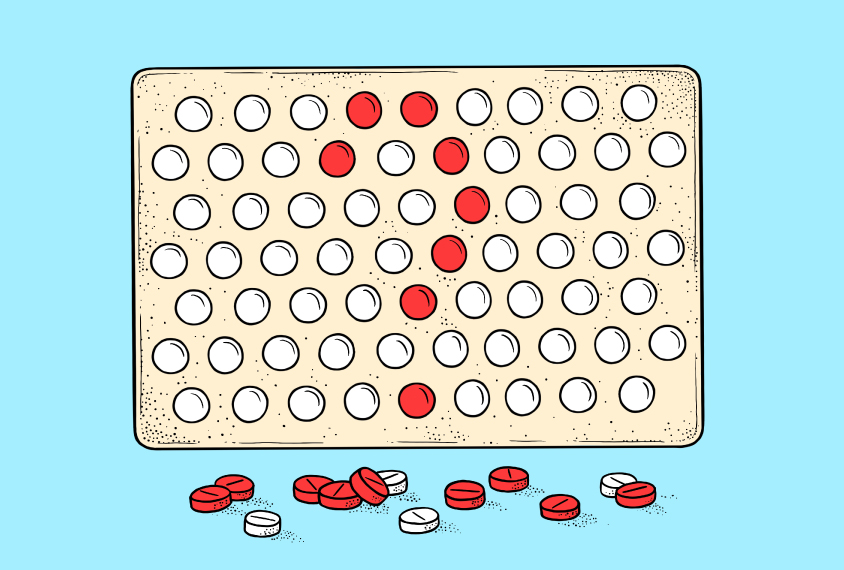
New template streamlines sharing clinical trial results
This month’s Going on Trial newsletter explores a new tool for communicating with clinical trial participants and their families, among other drug development news.
Method pinpoints cell-specific effects of autism-linked mutations
The approach, which combines CRISPR with single-cell analyses of organoids, suggests that intermediate progenitor cells are especially vulnerable to mutations associated with autism.
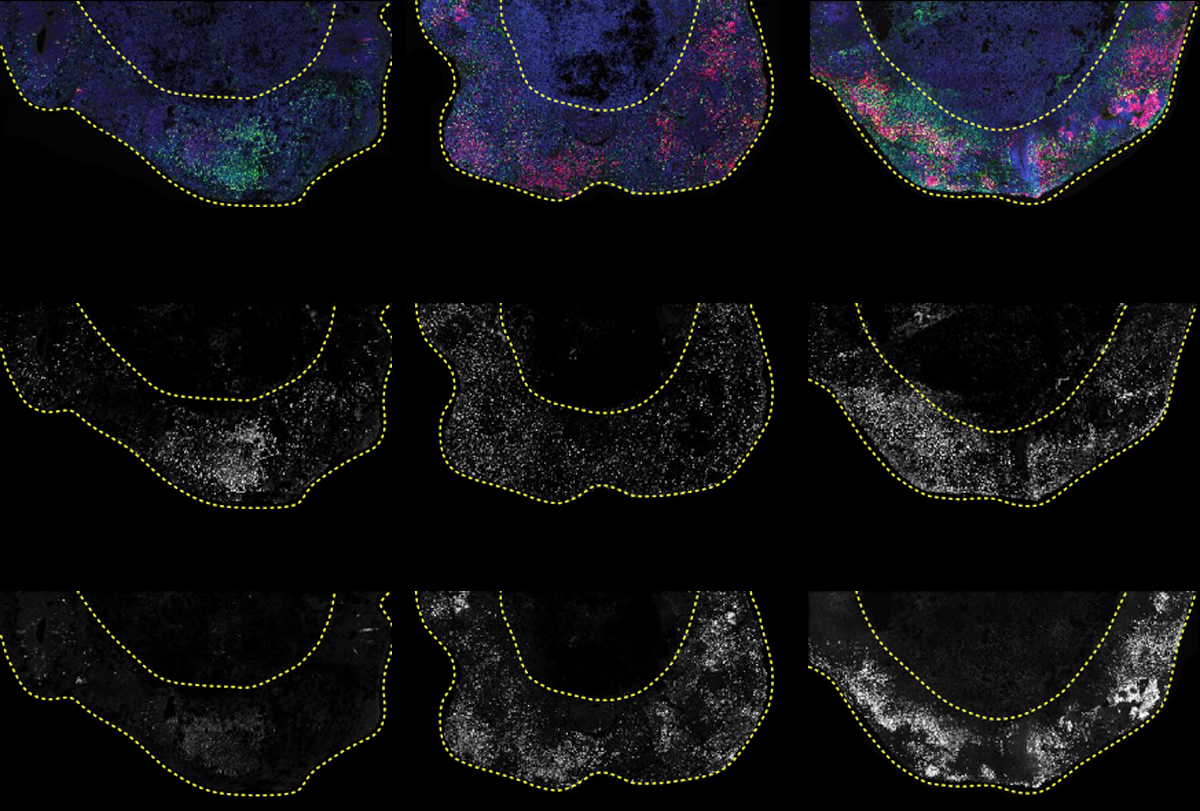
Method pinpoints cell-specific effects of autism-linked mutations
The approach, which combines CRISPR with single-cell analyses of organoids, suggests that intermediate progenitor cells are especially vulnerable to mutations associated with autism.
Compact kin of CRISPR discovered across eukaryotes
The newfound DNA-cutting enzyme, called Fanzor, can be programmed to edit the human genome and could prove easier to deliver to cells than current CRISPR tools.
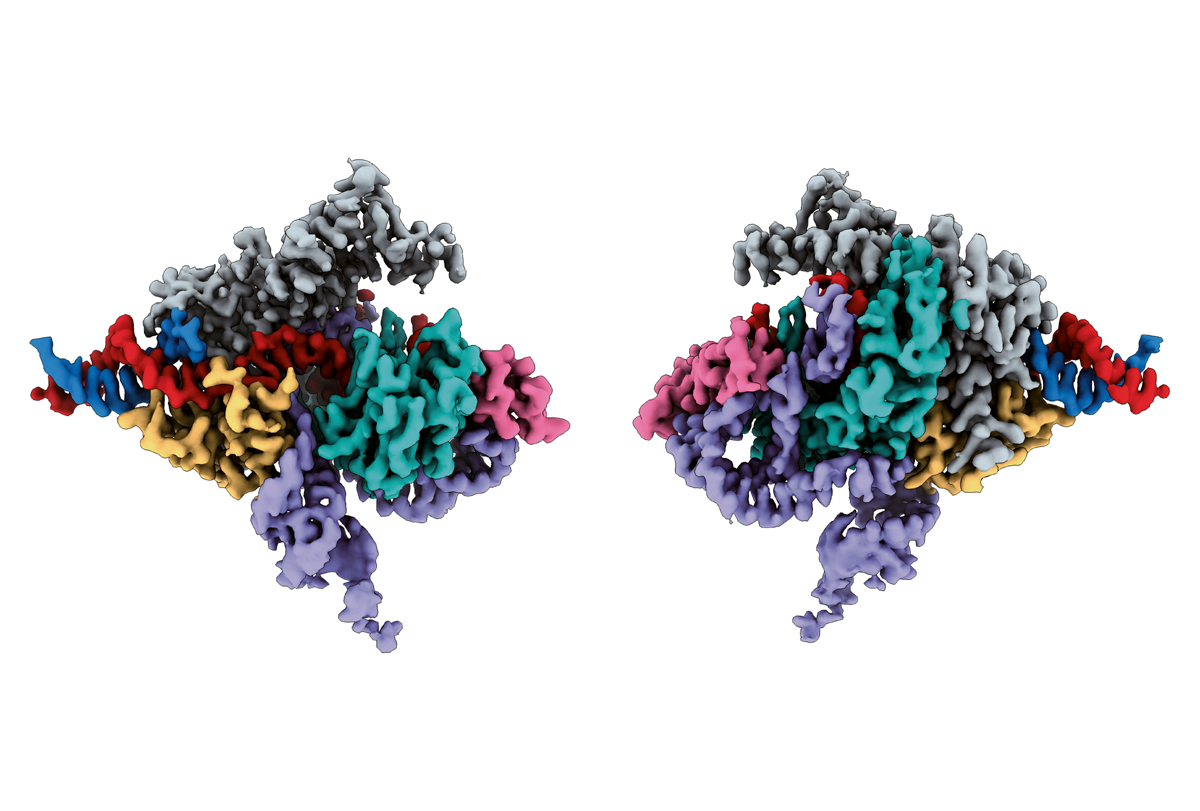
Compact kin of CRISPR discovered across eukaryotes
The newfound DNA-cutting enzyme, called Fanzor, can be programmed to edit the human genome and could prove easier to deliver to cells than current CRISPR tools.
Explore more from The Transmitter
Inner retina of birds powers sight sans oxygen
The energy-intensive neural tissue relies instead on anaerobic glucose metabolism provided by the pecten oculi, a structure unique to the avian eye.

Inner retina of birds powers sight sans oxygen
The energy-intensive neural tissue relies instead on anaerobic glucose metabolism provided by the pecten oculi, a structure unique to the avian eye.
Neuroscience needs single-synapse studies
Studying individual synapses has the potential to help neuroscientists develop new theories, better understand brain disorders and reevaluate 70 years of work on synaptic transmission plasticity.

Neuroscience needs single-synapse studies
Studying individual synapses has the potential to help neuroscientists develop new theories, better understand brain disorders and reevaluate 70 years of work on synaptic transmission plasticity.
New insights on sex bias in autism, and more
Here is a roundup of autism-related news and research spotted around the web for the week of 16 February.

New insights on sex bias in autism, and more
Here is a roundup of autism-related news and research spotted around the web for the week of 16 February.